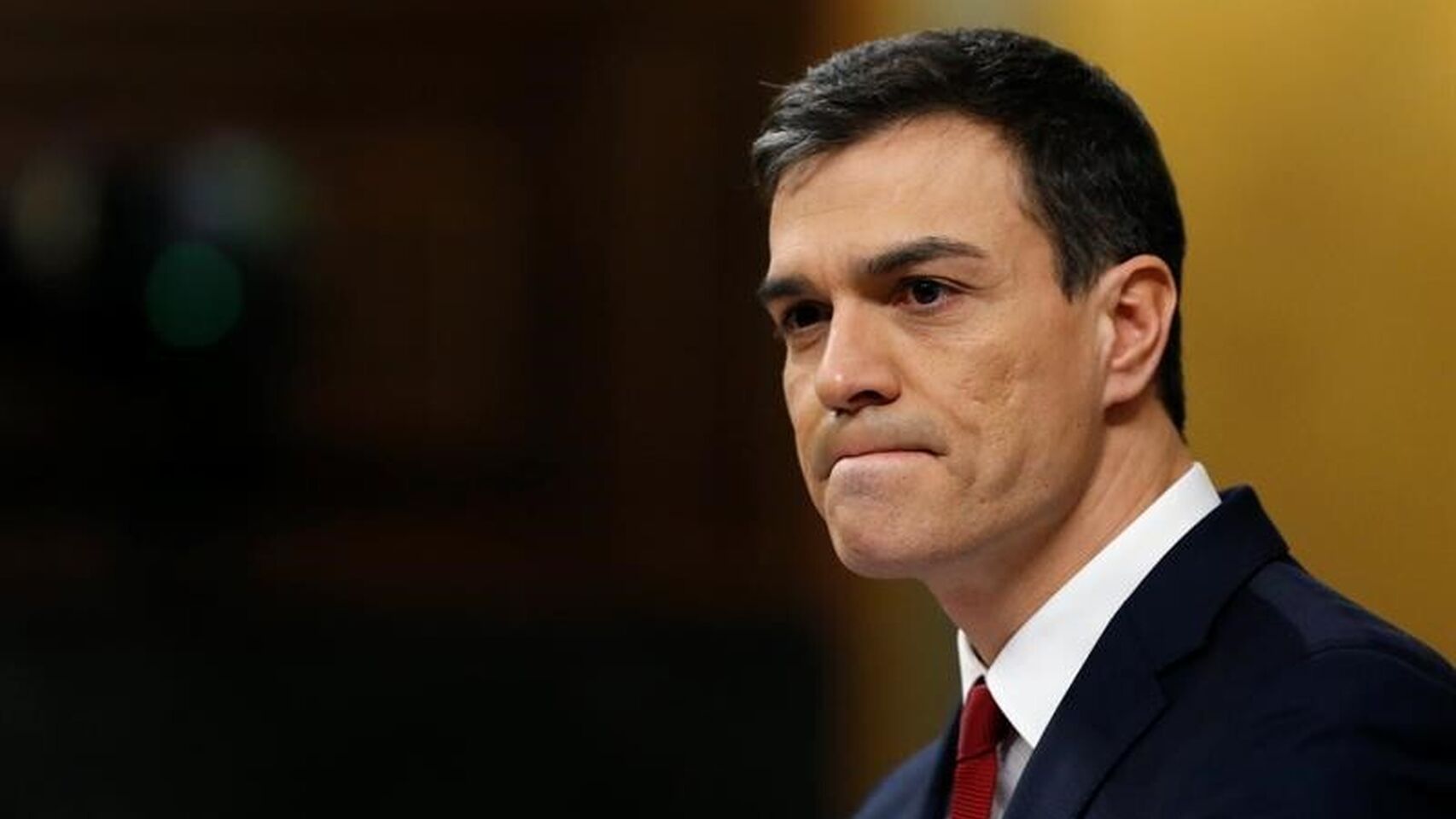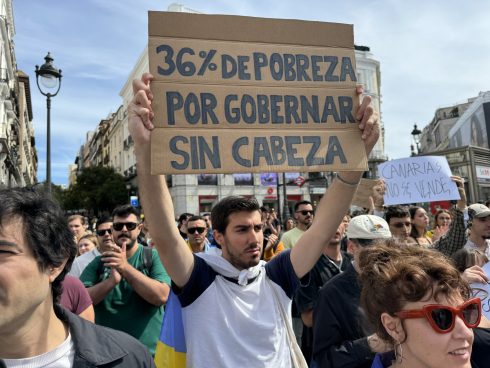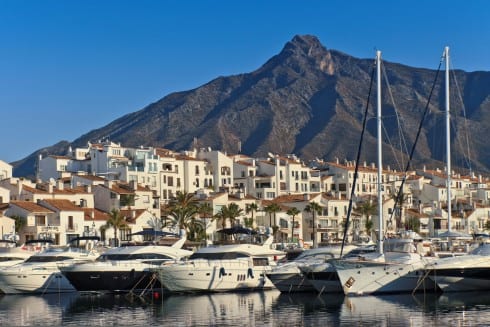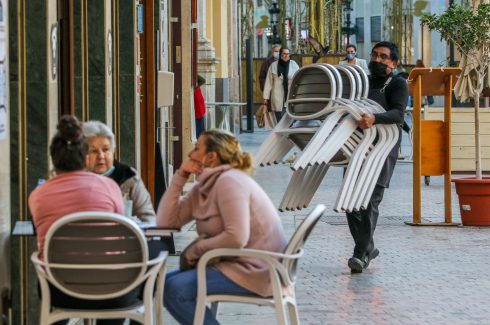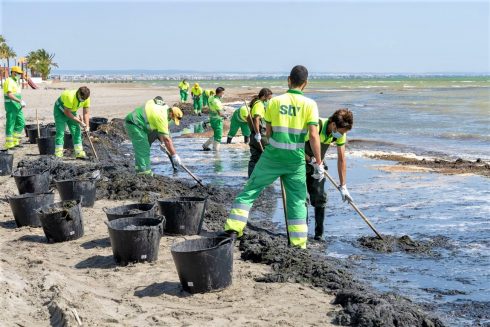SPANISH Prime Minister Pedro Sanchez took to the stage on Thursday to announce Spain’s biggest reform in over 40 years with his Espana 2050 plan.
In front of businessmen and political leaders, Sanchez revealed his sweeping reforms at a presentation at the Reina Sofia Museum in Madrid.
A project that has been in the works for the past year, Espana 2050 has been the result of comprehensive discussions between 100 experts and advisors, aiming to help create a greener, safer and modernised Spain.
In his presentation, Sanchez covered all the main talking points of the proposal, from education to public transport, employment to taxes.
EMPLOYMENT
In his Espana 2050 plan, Spain’s crumbling job market is facing a radical overhaul, however the PM admits that the country’s fixed term, full time contracts ‘will no longer be an option’ to many Spanish citizens.
- Spain will turn its focus to training and requalifying its workforce to more sustainable industries, with an expected 90% of the population in line to receive requalification.
- It will introduce a simplified work contract system with just three types of contracts available, permanent, temporary and training.
- Plans to introduce an ERTE scheme, similar to that during the past year, to protect staff from dismissal during periods of low profitability.
- Reduction of working hours, from 37.7 hours per week on average to 35 hours.
- Increasing the retirement age from 65 to 70, reflecting the amount of workers who wish to continue working after the current retirement age.
- The addressing of the current confusion of the financing of private pensions through ‘social dialogue’ and the possible increase in social contributions.
TAXES
Spain aims to increase its contribution through taxes to its GDP from 35% to 43% by 2050 with the introduction of new taxation methods on things like wealth, inheritance and goods.
- A standardization across the autonomous communities in relation to taxation, eliminating ‘tax competition’.
- Reform of personal income tax and property tax, with possible changes to inheritance and gift taxes.
- The scrapping of incentives for property investment.
- The increase in taxes of fuel, both diesel and unleaded, alcohol and tobacco.
EDUCATION
This is the area that will receive the biggest reform in an effort to revive learning levels through in increase in GDP spending from 4.3% to 5.5%.
- Spain aims to switch the focus on Spain’s teaching methods from encyclopedic to focused learning with a sweeping modernisation of its syllabus’.
- A reduction in the number of grade repeaters by one sixth and increase the number of people studying for higher education from 70% to 93%.
- A review of learning subjects every 8-10 years to ensure subjects don’t date.
- A shift in syllabus’ to focus more of direct learning and acquisition of skills through the improvement of teacher’s training, who will receive two years paid internship at the start of their career.
MORE CHILDREN
Sanchez aims to address the issue of Spain having the fewest children per female in Europe, second only to Italy.
To help fix this, he hopes to improve financial aid to mothers with the introduction of school meal vouchers and assistance in covering other school expenses.
TRANSPORT
Espana 2050 piles all its focus on rail travel, with Sanchez aiming to reduce the amount of the country’s biggest pollutors, cars and airplanes.
- Spain aims to redirect traditional fuelled car owners to more environmentally friendly, electric vehicles through incentives and tax breaks.
- Scrapping short haul domestic flights in journeys that would take less than 2.5 hours on a train, for example Madrid to Valencia.
Sanchez hopes that the announcement of the Espana 2050 program will give Spain its biggest reform in 40 years to bring it in line with its European neighbours.
However critics have accused the PM of ‘short-sightedness’ and demanding real world immediate solutions.

